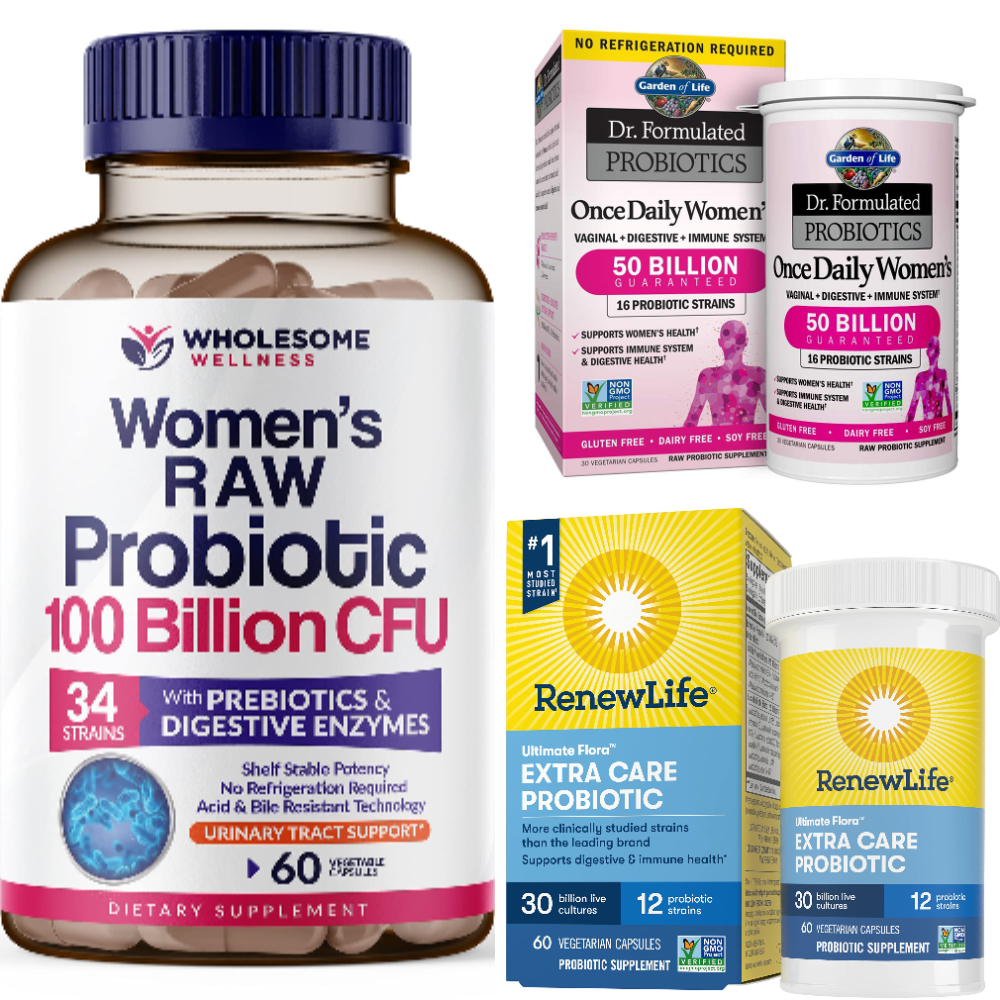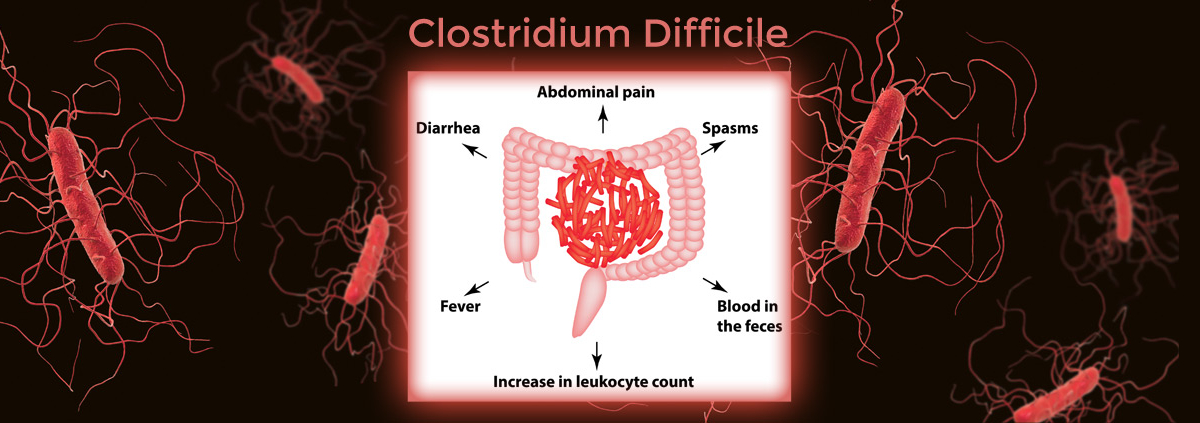Best Probiotics To Prevent C Diff
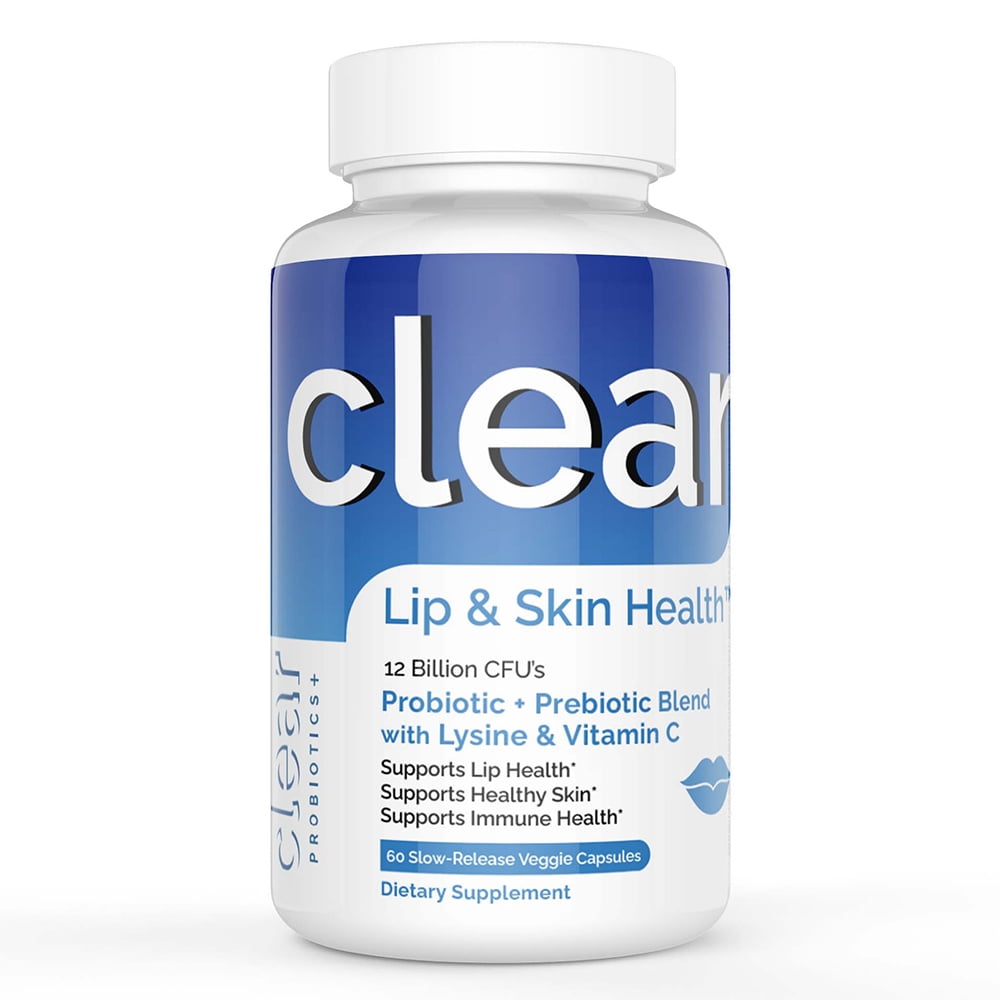
The threat of Clostridioides difficile, often shortened to C. diff, looms large in healthcare settings, a persistent and potentially deadly infection particularly affecting those with weakened immune systems or those undergoing antibiotic treatment. The rise of antibiotic resistance has only exacerbated the problem, making C. diff infections (CDI) increasingly difficult to treat. This has prompted significant research into preventative measures, with probiotics emerging as a promising, albeit nuanced, approach.
The key to understanding the role of probiotics in CDI prevention lies in their ability to restore balance to the gut microbiome, which is often disrupted by antibiotics. This disruption allows C. diff to thrive, leading to inflammation and severe diarrhea. While not a magic bullet, certain strains of probiotics have shown demonstrable efficacy in clinical trials, leading to updated guidelines and growing interest in their prophylactic use. However, understanding which strains are most effective, who benefits most, and the potential risks remains crucial for informed decision-making.
Understanding C. diff and the Gut Microbiome
C. diff is a bacterium that can cause severe diarrhea and colitis (inflammation of the colon). It often occurs after antibiotic use, which can wipe out beneficial bacteria in the gut, allowing C. diff to flourish.
The gut microbiome is a complex ecosystem of trillions of bacteria, fungi, viruses, and other microorganisms living in the digestive tract. A balanced microbiome is essential for digestion, immunity, and overall health.
Antibiotics, while crucial for treating bacterial infections, can disrupt this delicate balance, creating an opportunity for opportunistic pathogens like C. diff to take hold.
Probiotics: A Potential Shield Against CDI
Probiotics are live microorganisms that, when administered in adequate amounts, confer a health benefit on the host. They work by replenishing beneficial bacteria in the gut, competing with harmful bacteria like C. diff, and producing substances that inhibit its growth.
Different probiotic strains have different mechanisms of action. Some produce antimicrobial compounds, while others stimulate the immune system or strengthen the gut barrier.
The effectiveness of probiotics in preventing CDI depends on several factors, including the specific strains used, the dosage, and the individual's health status.
Key Probiotic Strains for CDI Prevention
Several studies have identified specific probiotic strains that are particularly effective in preventing CDI. These strains have demonstrated consistent results in clinical trials.
Saccharomyces boulardii
Saccharomyces boulardii is a yeast probiotic that has been extensively studied for its ability to prevent CDI. It is believed to work by inhibiting the binding of C. diff toxins to the intestinal lining and by stimulating the immune system.
Numerous meta-analyses have shown that S. boulardii can significantly reduce the risk of CDI in patients taking antibiotics.
A 2017 Cochrane review concluded that S. boulardii is effective in preventing CDI in adults and children receiving antibiotics.
Lactobacillus Species
Certain Lactobacillus species, such as Lactobacillus rhamnosus GG and Lactobacillus acidophilus, have also shown promise in CDI prevention. These bacteria help to restore the balance of the gut microbiome and produce lactic acid, which inhibits the growth of C. diff.
Studies have indicated that combinations of Lactobacillus strains may be more effective than single strains.
Lactobacillus strains may also help to alleviate the symptoms of CDI, such as diarrhea and abdominal pain.
Bacillus subtilis CU1
Emerging research indicates that Bacillus subtilis CU1, a spore-forming probiotic, may hold significant potential in CDI prevention. Its spore-forming ability allows it to survive the harsh conditions of the stomach and upper digestive tract, ensuring that it reaches the colon where it can exert its beneficial effects.
The antimicrobial activity of Bacillus subtilis CU1, along with its colonization efficiency, contributes to its effectiveness against CDI.
Who Benefits Most from Probiotic Use?
The benefits of probiotics for CDI prevention are most pronounced in individuals at high risk for developing the infection. This includes patients receiving broad-spectrum antibiotics, older adults, and those with weakened immune systems.
Hospitalized patients are also at increased risk of CDI due to exposure to C. diff spores in the environment.
For these high-risk individuals, probiotics can be a valuable adjunct to standard preventative measures, such as hand hygiene and environmental disinfection.
Potential Risks and Considerations
While probiotics are generally considered safe, there are potential risks to be aware of. In rare cases, probiotics can cause mild side effects, such as gas and bloating.
Individuals with severely weakened immune systems, such as those undergoing chemotherapy or organ transplantation, may be at risk of developing probiotic-related infections.
It is important to consult with a healthcare professional before taking probiotics, especially if you have any underlying health conditions.
The Future of Probiotics in CDI Prevention
Research on probiotics and CDI prevention is ongoing, with a focus on identifying novel strains and optimizing dosage regimens. Scientists are exploring new ways to deliver probiotics to the gut, such as through encapsulated formulations.
The development of personalized probiotic therapies, tailored to an individual's gut microbiome, may further enhance the effectiveness of probiotics in preventing CDI.
"The future of CDI prevention will likely involve a multi-faceted approach, combining probiotics with other strategies, such as fecal microbiota transplantation and targeted antimicrobial therapies," notes Dr. Alice Chen, a leading gastroenterologist at the University of California, San Francisco.
Conclusion
Probiotics offer a promising strategy for preventing C. diff infections, particularly in high-risk individuals undergoing antibiotic treatment. While Saccharomyces boulardii and certain Lactobacillus species have demonstrated efficacy, continued research is essential to further refine probiotic selection and optimize their use.
Ultimately, a balanced approach involving careful antibiotic stewardship, rigorous hygiene practices, and judicious use of probiotics will be crucial in combating the persistent threat of C. diff.
Patients should always consult with their healthcare provider to determine if probiotics are appropriate for them and to discuss the potential benefits and risks.
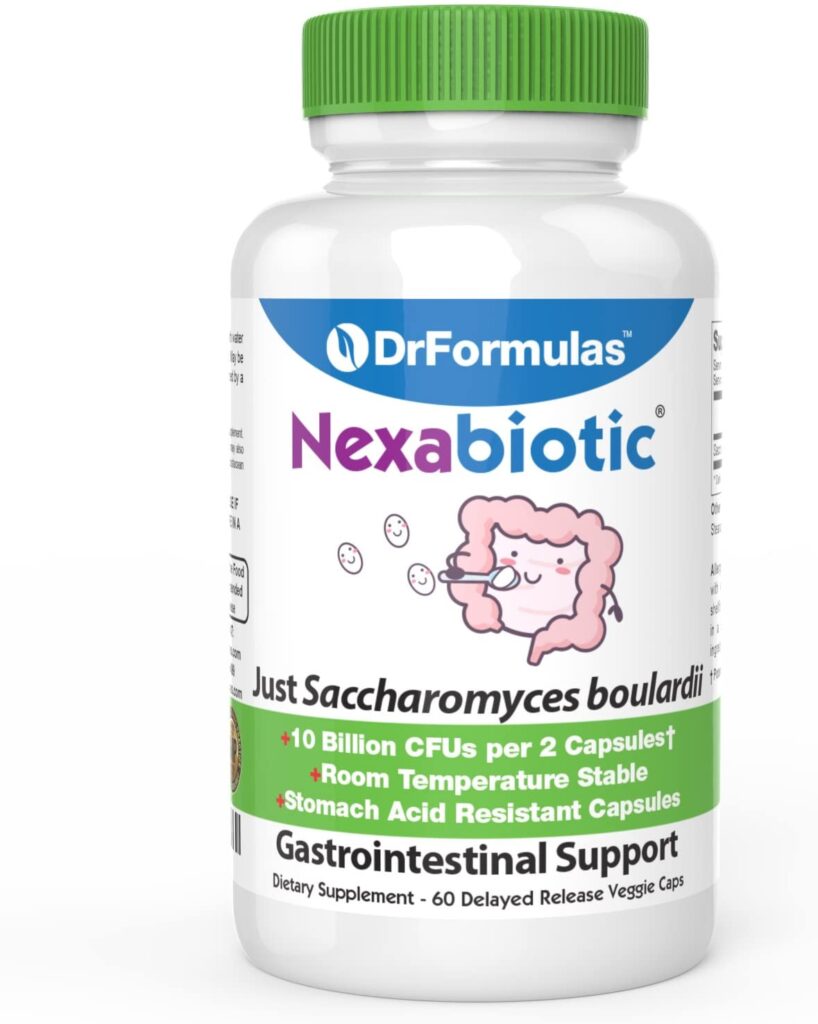


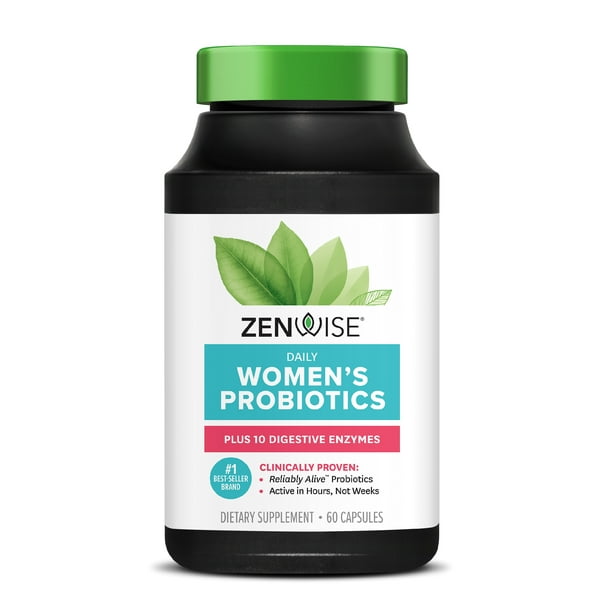


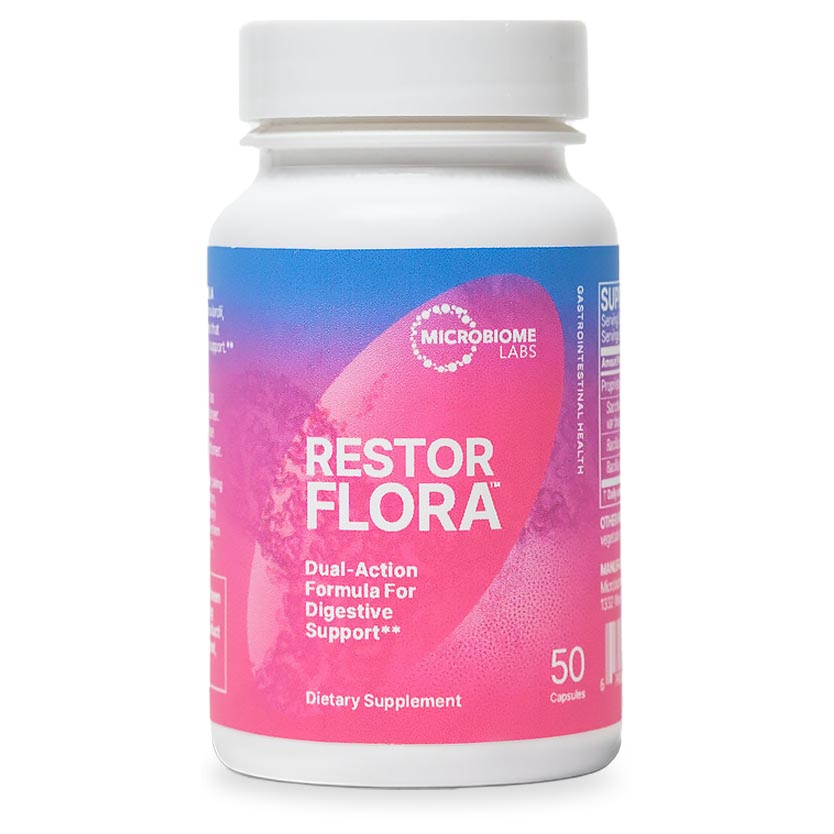
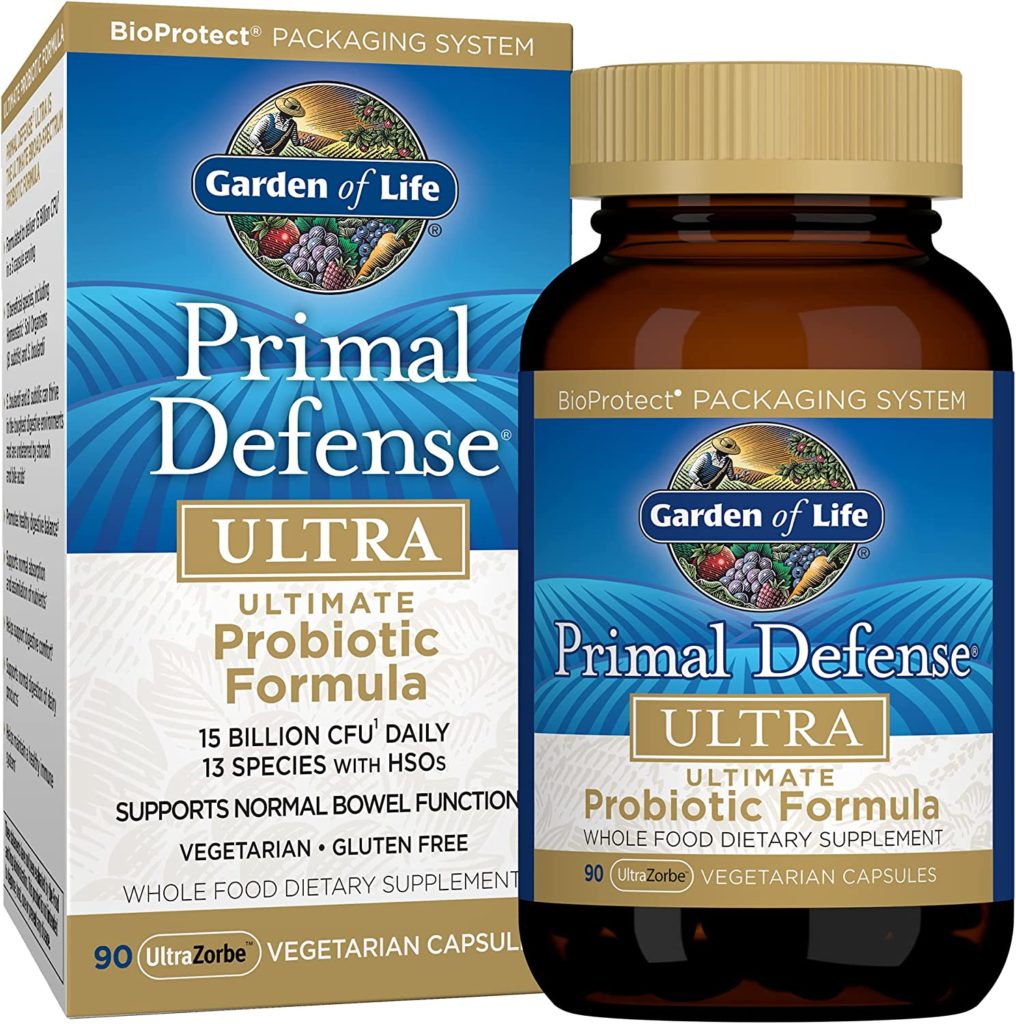




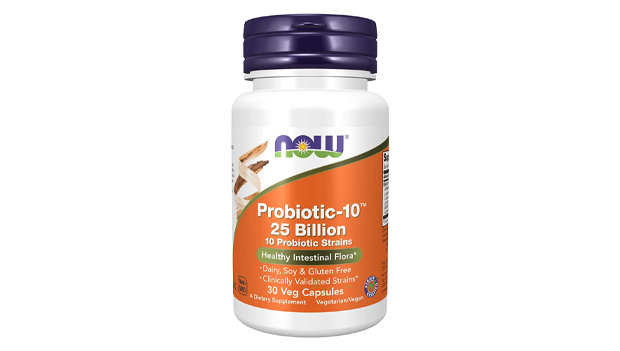

/medriva/media/post_banners/content/uploads/2024/01/c-diff-prevention-after-antibiotics-20240120011247.jpg)
